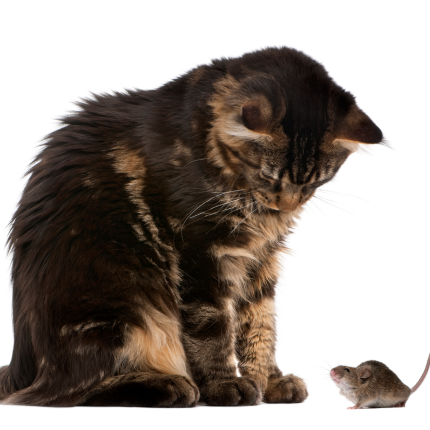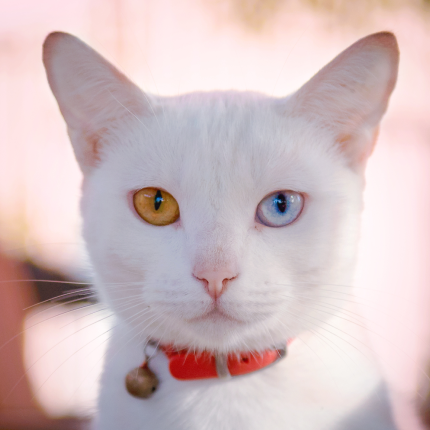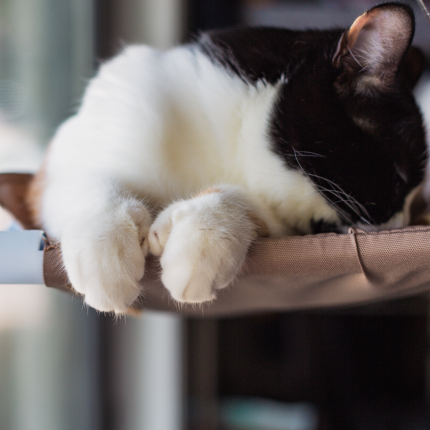Why Cat Parents Should Never Use Rodenticide

As the days get shorter and cooler, rodents start seeking warm, cozy places—sometimes right in your home. While it might be tempting to sprinkle rodenticide to keep mice and rats away, these baits are extremely toxic to cats and can have deadly consequences.
Year after year, rodenticides appear on the ASPCA’s Top 10 Pet Toxins list. The same chemicals that attract rodents can cause severe harm to cats, including internal bleeding, kidney failure, seizures, or even death.
advertisement
Why Cats Are at Risk
Cats are natural hunters. Even indoor cats retain strong predatory instincts, and outdoor cats actively chase and catch rodents. A cat that encounters a poisoned mouse or rat can ingest the toxic bait indirectly, putting them at serious risk.
Types of Rodenticides and the Dangers They Pose to Cats
- Anticoagulants – The most common type. They prevent blood clotting, which can lead to internal bleeding within 3–5 days. Immediate veterinary care is critical if ingestion is suspected.
- Bromethalin – A neurotoxin that attacks the nervous system, causing weakness, tremors, or seizures. Cats need urgent treatment in a veterinary clinic.
- Cholecalciferol (Vitamin D3) – Excess Vitamin D can damage the kidneys and calcify soft tissues, including the heart and blood vessels. Quick intervention is essential.
- Zinc Phosphide – Primarily used for gophers and moles, it releases toxic phosphine gas in the stomach, causing vomiting, tremors, and organ damage. This is dangerous for both cats and humans who may come in contact with vomit.
advertisement
What to Do If Your Cat Eats Rodenticide
- Save the packaging or receipt – This helps the veterinarian identify the exact toxin.
- Call your vet or the ASPCA Animal Poison Control Center at (888) 426-4435 immediately.
- Document bait placement – If rodenticide is in your home or yard, note locations and amounts so you can check for any accidental exposure.
Even a carefully maintained home can hide rodenticide dangers. For cats, especially those that hunt outdoors, prevention is the safest approach. Consider non-toxic alternatives for rodent control and keep your feline friends out of harm’s way.

Featured Articles

The Odd-Eyed Cat (AKA Heterochromia)
Cats are already beautiful and fascinating creatures, but people are bound to take notice when they have something as captivating as two different colored eyes. Odd-eyed cats always have one blue eye paired with either a green, yellow, or brown eye. This form of heterochromia occurs in other animals, including…

Why Do Cats Roll Over Into Their Backs But Not Let You Touch Their Bellies?
It’s common knowledge dogs love to have their tummies rubbed when they freely lay down before you and roll onto their backs. But, if you’re also familiar with cats, you know that when they roll onto their backs with their bellies exposed, rubbing the belly will most likely result in…

Greebles and Cats: The Origin and the Meaning
You may have seen an internet sensation concerning cats labeled “greebles.” Feel out of the loop? We’re here to help you. In 2019, Reddit user /user/literallyatree commented on a Reddit post about a cat that looks like it’s trying to slap a ghost. This user commented: “My family calls things…
